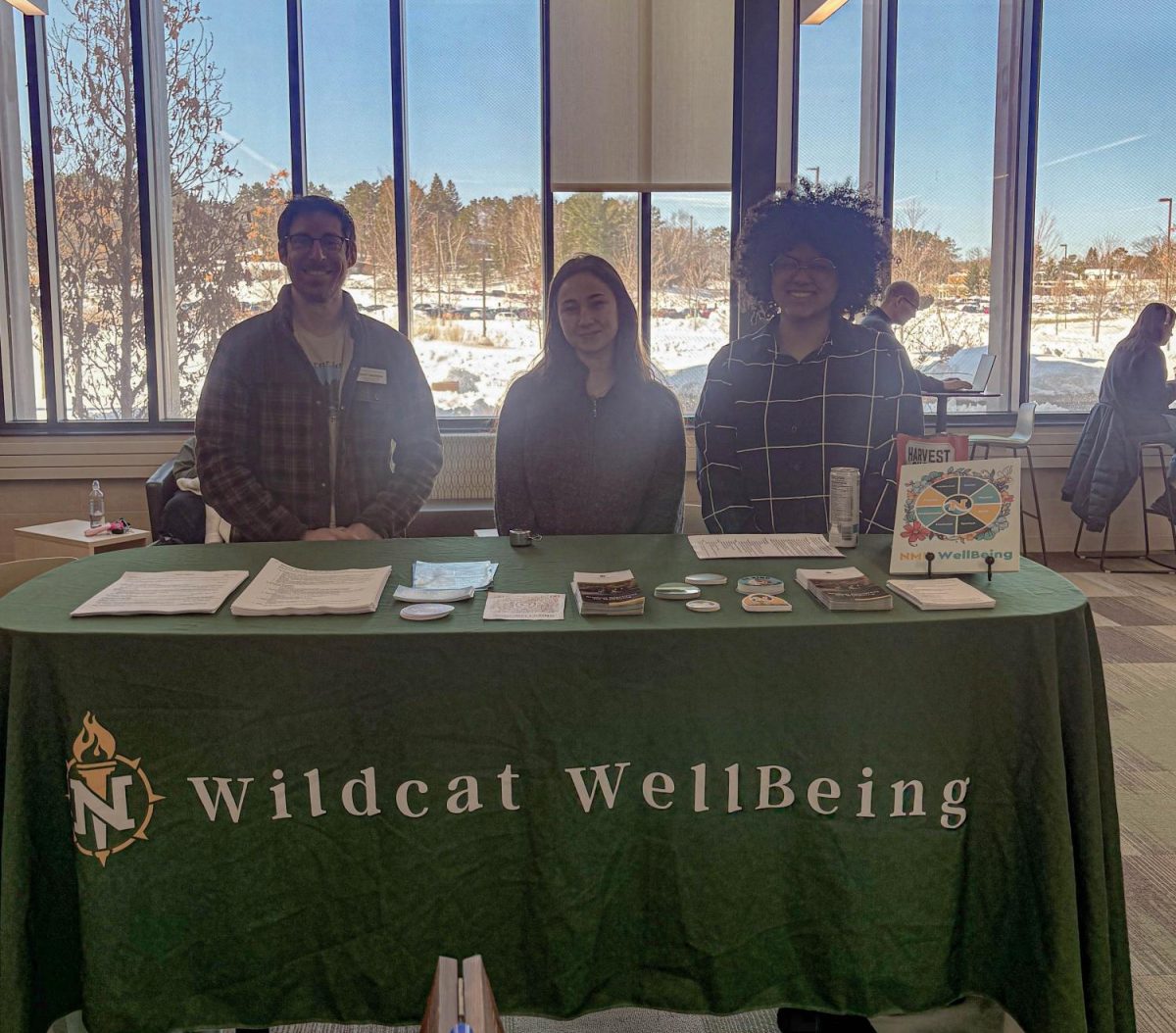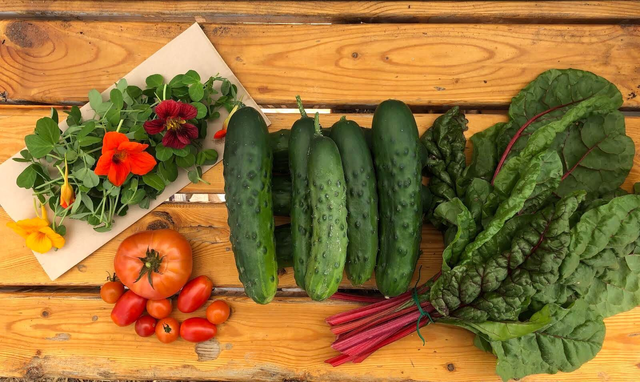Gardening is an excellent way for students to maintain a healthy mental state while consuming fresh food they have grown themselves. There are many opportunities both on and off-campus to get involved in the gardening world. Whether it be someone heavily experienced, or just beginning.
Students living on campus can have the chance to check out the NMU Hoop House. Located on the west lawn of the Jacobetti Complex, on the corner of Hawley and Sugar Loaf, the Hoop House is a community garden that serves as a collaborative learning center for eaters of all ages who are curious about where food comes from and how it is grown. NMU’s Hoop House aims to expand the local food system, improve food security and increase accessibility to fresh and healthy produce.
For those who are interested in volunteering at the Hoop House, Maddy Humphrey, senior environmental studies and sustainability major and Hoop House supervisor, shares how students can get involved, no matter their experience level.
“Students at NMU can join the Hoop House Student Organization where we volunteer as a group on a weekly basis in the fall,” Humphrey said. “We also offer direct studies or individual projects; there are endless opportunities to experiment and learn at the NMU Hoop House.”
The biggest challenge many farmers and gardeners face in Marquette especially are the long harsh winters that make the activity not ideal. According to Humphrey, despite the challenge, Hoop House makes farming possible even when temperatures are freezing.
“As any local grower can tell you, the Upper Peninsula isn’t necessarily ideal for farming due to both climate and geographical elements like soil. However, it is not impossible,” Humphrey said. “Our Hoop House allows us to extend the season and make sure our plants receive the warmth they need for as long as they need, even if the weather is difficult. Besides, many crops out there actually prefer a cooler climate.”
There is a wide variety of plants available to garden in our area. Fruits, vegetables, herbs and flowers are plants that all have the ability to be grown indoors. While it may be overwhelming to figure out what plants are great to start out with, there are a few houseplants that are quite manageable, said Humphrey.
“There’s spider-plants, peace lilies, philodendrons, and cactus/succulents to name a few. With a little bit of love, a good amount of sunlight, and the occasional watering, I have no doubt anyone is able to be successful plant-owners- just make sure to do your research on what your plant needs from you, they’re all different,” Humphrey said.
For those interested in volunteering for the NMU Hoop House, contact the Hoop House through email at hoophouse@nmu.edu or find them on Instagram and Facebook at NMU Hoop House.
Students living off-campus looking for a place to further their knowledge on gardening, or students on campus looking to find a spot to garden, the Marquette Community Gardens provides Marquette city residents a place to grow food for a nominal annual fee. With two locations, between the Fit Strip and Park Cemetery and at Presque Isle near the Moosewood Nature Center, there is plenty of space to grow food.
Ellen Weingarten, president of Marquette Community Gardens, shares how students are able to participate in the MCG.
“NMU students are considered city residents as long as they reside in the city. Each member may rent one bed and need to provide their own seeds and plants,” Weingarten said. “The MCG provides tools, composted manure and compost for soil development.”
A difficult challenge students may face while moving up to school and living on campus is living close to a gardening center. The MCG offers bed rentals ranging from $15 to $25 depending on the size of the bed. This not only gives students a chance to get outside and garden while still living on campus but provides more space than what the dorms provide.
“Gardening is a good way to disconnect from daily stress and technology, as well as providing fresh food. It helps to build an appreciation for the food we eat, the farmers who grow our food and access through farmers’ markets and grocery stores,” Weingarten said. “Students may not always have access to land for gardening. For those who would like to learn about gardening, start small with potted plants such as tomatoes, pepper, or salad greens/herbs. While there is a lot of information on gardening out there, the main key for success is a willingness to learn from both failures and successes.”
The MCG expects visitors to look and not pick while in the garden. If you are looking for more information about the MCG, you can email them through their website at https://www.marquettecommunitygardens.org/contact.


























